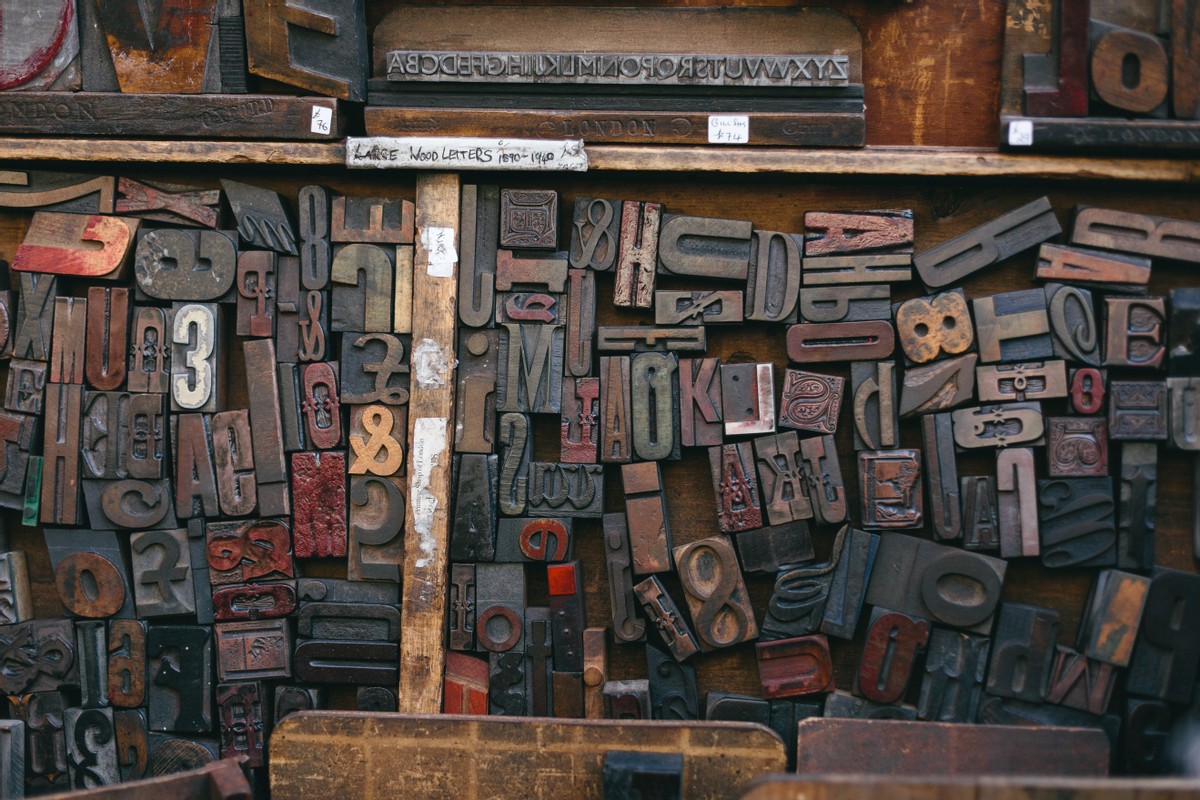
AMBIENTACIÓN: Cuatro amigos asisten a una lectura de poesía en un pub de una ciudad mediana de Japón. Tras escuchar un poema breve, cuyo autor está sentado en la esquina lejana de otra mesa, Andrei se vuelve hacia Jules y Soo.
Andrei: (negando con la cabeza enérgicamente, arrugando el poema) ¡Esto no es un poema, es puro despotrique! Una polémica de segunda categoría disfrazada de verso libre. Es demasiado aleccionador y no nos dice nada que no sepamos ya.
Jules: (suspirando, haciendo un gesto con la mano lánguida) Totalmente de acuerdo. Cuando la gente empieza a sermonear, se ata tanto a sus agendas como un toro torpe a una cuerda: su urgencia asfixia cualquier matiz. Su discurso se vuelve tan burdo y tosco que pierde toda sutileza.
Soo: (levantando una ceja, removiendo su café deliberadamente mientras tensa los músculos faciales) ¿Y qué si la estética se resiente un poco? ¿No es acaso lo bastante urgente el mensaje —que los bosques mueren y el hielo se derrite— como para perdonar cierta rudeza artística?
Jules: (incorporándose, inclinándose hacia Soo) No, no lo creo. Tom Robbins lo expresó muy bien: “Cuando aceptamos mal arte solo porque es buena política, estamos matando al cisne para alimentar a las gallinas”. El arte mediocre no tiene excusa: no logra conmover a nadie. Es puro ruido desechable.
Phyrla: (tosiendo suavemente, doblando su pañuelo con cuidado) Mmm... Incluso si estas palabras estuvieran mejor escritas, ¿con qué frecuencia la poesía se traduce en acción? Quizá lo que realmente necesitemos sea predicar con el ejemplo, en lugar de repetir lo que ya sabemos. Este planeta necesita menos poetas y más hacedores.
Ellesha: (inclinándose hacia adelante con voz baja y mesurada) Odio sonar pesimista, pero así como los adictos necesitan tocar fondo para sacudir su sistema, me temo que solo una calamidad genuina e inevitable nos impulsará a romper nuestros hábitos de consumo.
Elijah: Bla, bla, bla... (sonándose la nariz por última vez, mirando hacia la ventana) Esta conversación es un bajón. ¿Alguien quiere otra copa?
A Conversation about Social Activism, Art, and Inertia
SETTING: Four friends attending a poetry reading in a pub in a mid-size city in Japan.
After listening the a short poem, whose author was sitting at the far corner of another table, Andrei turns towards Jules and Soo.
Andrei: (shaking his head vigorously, crumpling the poem) This is not a poem-it's mere ranting!
It is a second-rate polemic dressed up in line breaks. It’s far too didactic, and tells us nothing that we don't already know.
Jules: (sighing, gesturing with a loose hand) I echo you. When folks preach, they become too tied to their agendas like clumsy bulls to ropes: their urgency strangles all nuance. Their discourse become too blunt and rough to have any subtle nuance.
Soo: (raising an eyebrow, stirring her coffee with deliberate while tensing her facial muscles)
So what if the aesthetics suffer? Isn't the basic, alarming message—that the forests are dying and the ice is melting—relevant enough to forgive a bit of artistic heavy-handedness?
Jules: (sitting up, leaning forward towards Soo) No, I don't think so. Tom Robbins once expressed this idea well: "When we accept bad art because it's good politics, we're killing the swan to feed the chickens."
Lousy art has no excuse because it fails to move anyone. It’s merely disposable noise.
Phyrla: (coughing lightly, folding her handkerchief carefully) Hmm. And even if these words were better written, how often does poetry translate into action? Perhaps we actually need to 'walk our talk' rather than spout off things we already know. Our planet needs fewer poets and more doers.
Ellesha: (leaning forward in a low and measured voice) I hate to be pessimistic, but just as addicts require a rock-bottom crises to shock their systems, I fear nothing short of genuine, inescapable calamity will impel most of us to break our current consumption habits.
Elijah: Blah, blah, blah. (blowing his nose one last time, looking toward the window)
This conversation is a downer. Hey, is anyone up for another drink?